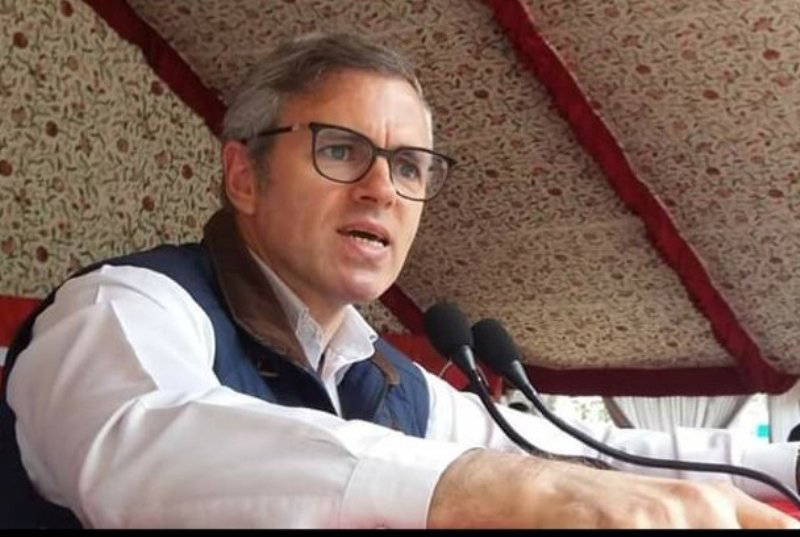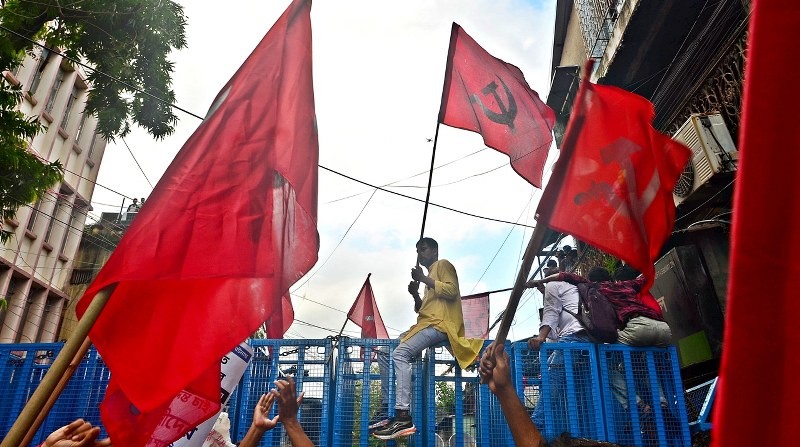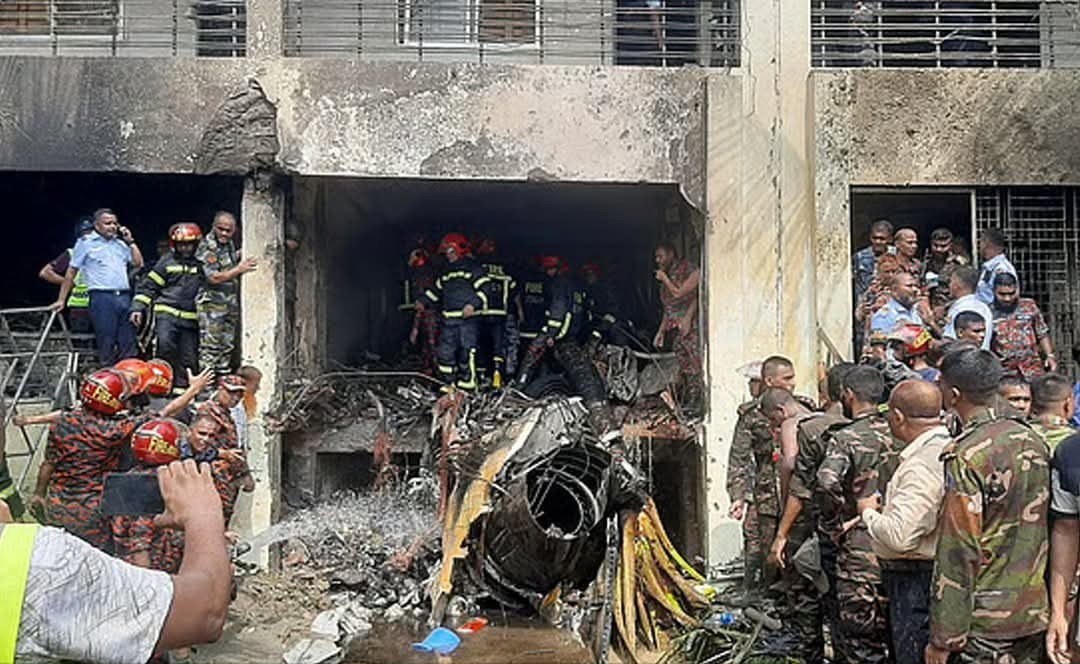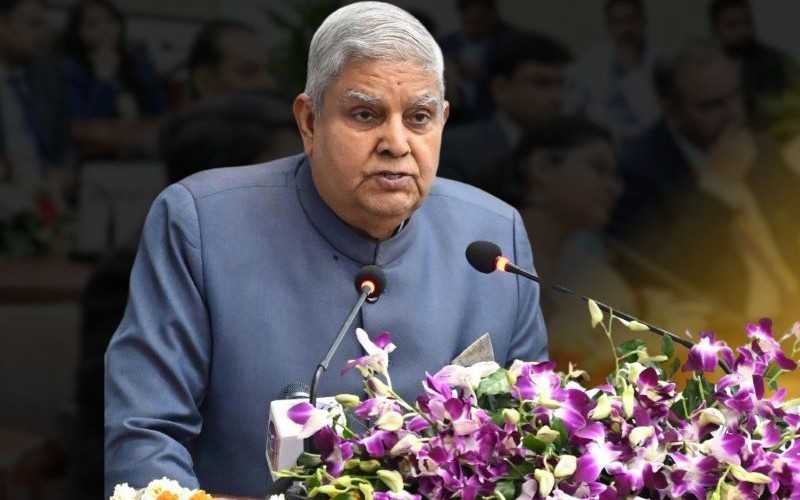Kashmir leaders express disappointment over Supreme Court's verdict on Article 370

Kashmir's mainstream political parties on Monday expressed their disappointment after the Supreme Court upheld abrogation of Article 370 which granted special status to Jammu and Kashmir.
Former Chief Minister and National Conference Vice President Omar Abdullah said the “ struggle” will continue and they are prepared for the "long haul."
“Disappointed but not disheartened. The struggle will continue. It took the BJP decades to reach here. We are also prepared for the long haul. #WeShallOvercome #Article370,” Omar said in a post on X.
Another former Chief Minister and Democratic Progressive Azad Party chief Ghulam Nabi Azad said people of J&K were not happy with the verdict.
“People of J&K were hopeful … The SC bench was good. …It was a mistake to abrogate Article 370 in August 2019. It was done in a hurry. ..J&K political parties should have been also asked.... The people of Jammu and Kashmir are disappointed with this judgement,” Azad told reporters.
Peoples Conference head Sajad Lone said Article 370 may have been legally obliterated but will always remain a "part of our political aspirations."
“The Supreme Court verdict on Article 370 is disappointing. Justice yet again eludes the people of J and K. Article 370 may have been legally obliterated but will always remain a part of our political aspirations.
"In the case of statehood, the Supreme Court sidestepped even commenting on it, thus protecting the entire country from any future misuse, by citing precedence. Yet the same misuse was subtly endorsed in J & K. Let us hope at a future date Justice wakes up from its slumber of pretence,” Lone said in a post on X.
The Supreme Court on Monday ruled that the central government's historic 2019 move to scrap Article 370 withdrawing special status of Jammu and Kashmir is "valid", media reports said.
A five-judge bench, headed by Chief Justice of India DY Chandrachud, hearing on the pleas challenging the revocation of the special status of Jammu and Kashmir, said Article 370 was a temporary provision which was meant to facilitate the region's merger with India.
The Supreme Court has also ordered the Election Commission of India to hold elections in Jammu and Kashmir by Sept 30, 2024.
The Supreme Court said that Article 370 was only a transitory provision during the wartime conditions in J&K.
Article 370 Explained:
Oct 26, 1947: On this day the Instrument of Accession,1947 was signed between Maharaja Hari Singh of Jammu and Kashmir and the Government of India paving the way for Jammu and Kashmir to merge with independent India. Singh signed the instrument amid a tribal invasion by Pakistani forces, who were genociding the non-Muslims of the region.
Oct 17 1949: Article 370 that granted special status to the former state of Jammu and Kashmir was incorporated into the Constitution of India which itself came into effect on January 26, 1950.
Jammu and Kashmir was administered by India as a state from 17 November 1952 to 31 October 2019. Article 370 conferred on the state the power to have a separate constitution, a state flag, and autonomy of internal administration. It also barred Indians from outside the state from purchasing property or settling there.
Article 370 stipulated that the other articles of the Constitution that gave powers to the Central Government would be applied to Jammu and Kashmir only with the concurrence of the former State's constituent assembly.
Article 370 of the Indian Constitution said it was a temporary status of Jammu and Kashmir. It was titled "Temporary, Transitional and Special Provisions", stating that the Constituent Assembly of Jammu and Kashmir would be empowered to recommend the extent to which the Indian constitution would apply to the state.
On May 14th, 1954, then President Rajendra Prasad issued the Presidential order guaranteeing territorial integrity to Jammu and Kashmir and introduced Article 35A which conferred special rights and privileges to permanent citizens of Jammu and Kashmir which its non-permanent residents, even if they were Indian citizens, were not entitled to. This order was passed with the concurrence of the Constituent Assembly of Jammu and Kashmir. Since the state constituent assembly dissolved itself without recommending the abrogation of Article 370, the article was deemed to have become a permanent feature of the Indian Constitution.
On 5 August 2019, the Indian government issued a Presidential Order superseding the 1954 order, and making all the provisions of the Indian constitution applicable to Jammu and Kashmir. The order was based on the resolution passed in both houses of India's parliament with two-thirds majority. A further order on 6 August made all the clauses of Article 370 except clause 1 to be inoperative.
(With UNI Inputs)





